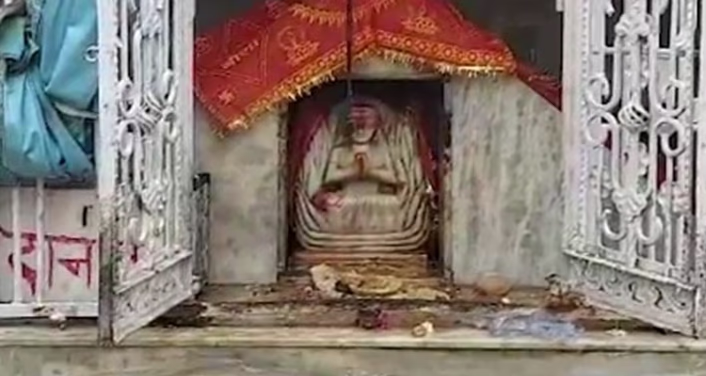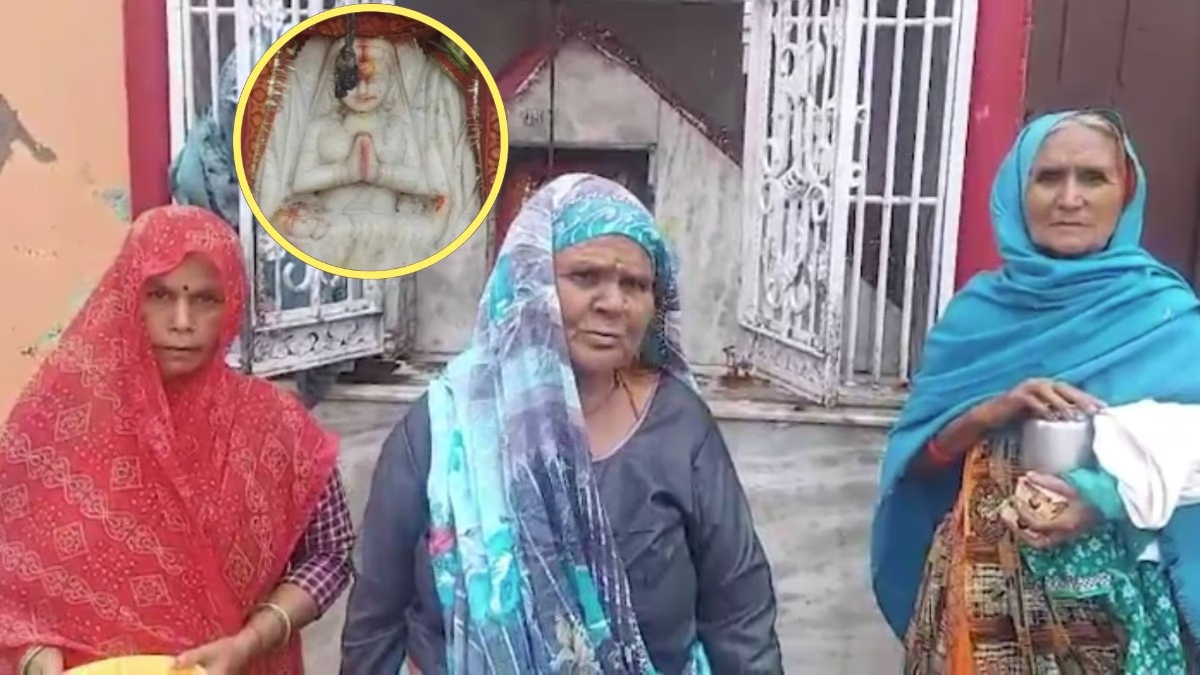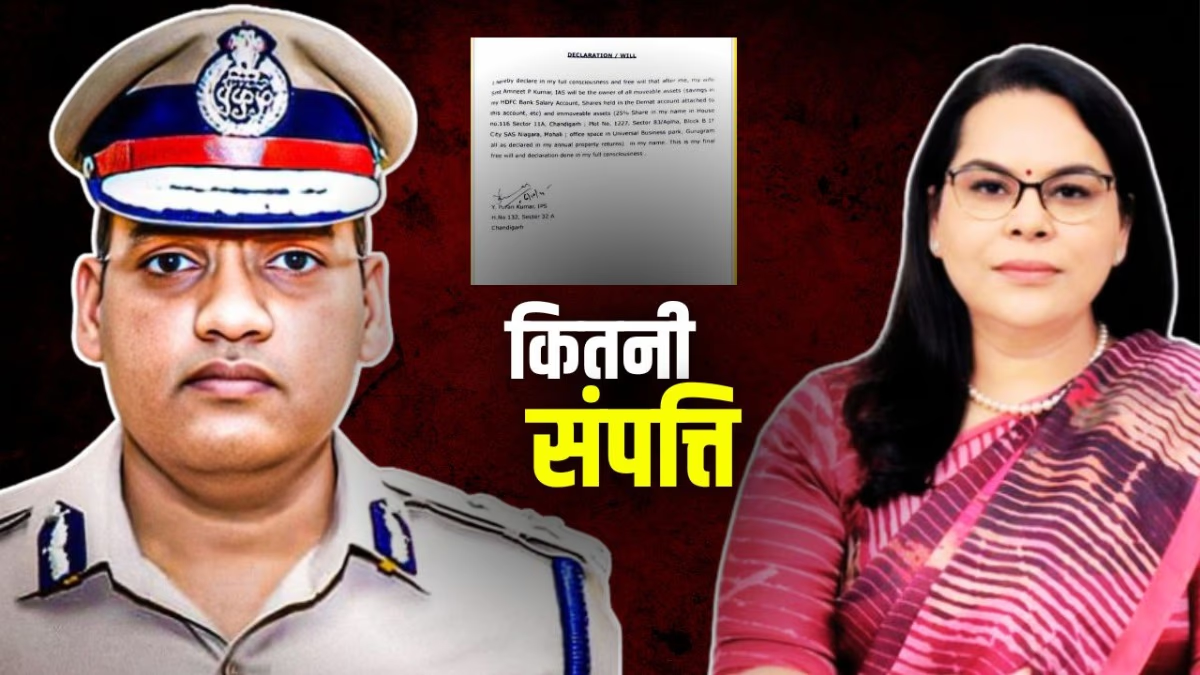Karwa Chauth 2025:
Today, India is celebrating the vibrant festival of Karwa Chauth. Traditionally, on the fourth day of the Hindu month Kartik, married women adorn themselves and fast for the long life of their husbands. This festival holds significant importance across North India. Yet, there’s a unique village where the tradition is not followed. The tale dates back centuries, to a tragic incident that changed their customs forever.
The story unfolds in the Ramnangla village of Mathura's Nauhjheel area. Centuries ago, a young Brahmin set off to bring his newlywed wife from across the Yamuna River. The couple traveled in a cart pulled by a buffalo. Along the way, villagers from Surir claimed the buffalo as theirs and a dispute ensued. Sadly, it led to the Brahmin’s death.
Overwhelmed with grief, the young bride condemned the locality by stating that she would enter Sati, a ritual of self-immolation, alongside her late husband's body, while pronouncing a curse on the region that no local woman would ever again partake in the adornments of a blissful married life.
The Dread of Sati’s Curse Among Married Women
Call it the wrath of a grievous widow or the grim legacy of Sati’s curse, an era of disastrous events was visited upon the town, claiming the lives of numerous young men and leaving many women widowed. This havoc prompted the elders to build a temple in honor of Sati, offering prayers in hope of forgiveness.

Source: aajtak
The Testimonies from the Village
According to Sunhari Devi, a senior village woman, the worship of Sati Mata has indeed curtailed unnatural deaths. However, the tradition of fasting for marital harmony during Karwa Chauth is still avoided. Also, exchanging gifts for daughters is rare.
This age-old belief has ingrained itself in local culture. Women have abstained from dressing up or praying for their husband's longevity during Karwa Chauth, a tradition handed down through generations. No woman feels inclined to challenge the curse, as the fear of Sati's wrath lingers ominously.
An elderly woman explains, “Due to Sati Ma’s curse, no woman observes the Karwa Chauth fast here, for fear of her husband's untimely death.”
Bhagwati, another elder, recounts how Sati Mata's spirit emerged the moment after her husband’s death, forbidding Karwa Chauth observances. Only when Sati Ma deems it fit will Karwa Chauth resurface here. Interestingly, locals hold such reverence for the curse that they even avoid drinking water from Ramnangla village.
Ganga Singh, another resident, recaps the fateful event from 200-250 years ago. The Sati curse mandates no woman in the area dresses up or fasts during this traditional celebration. A few houses have begun observing Ahoi Ashtami as a substitute, marking a small shift in their age-old customs.




